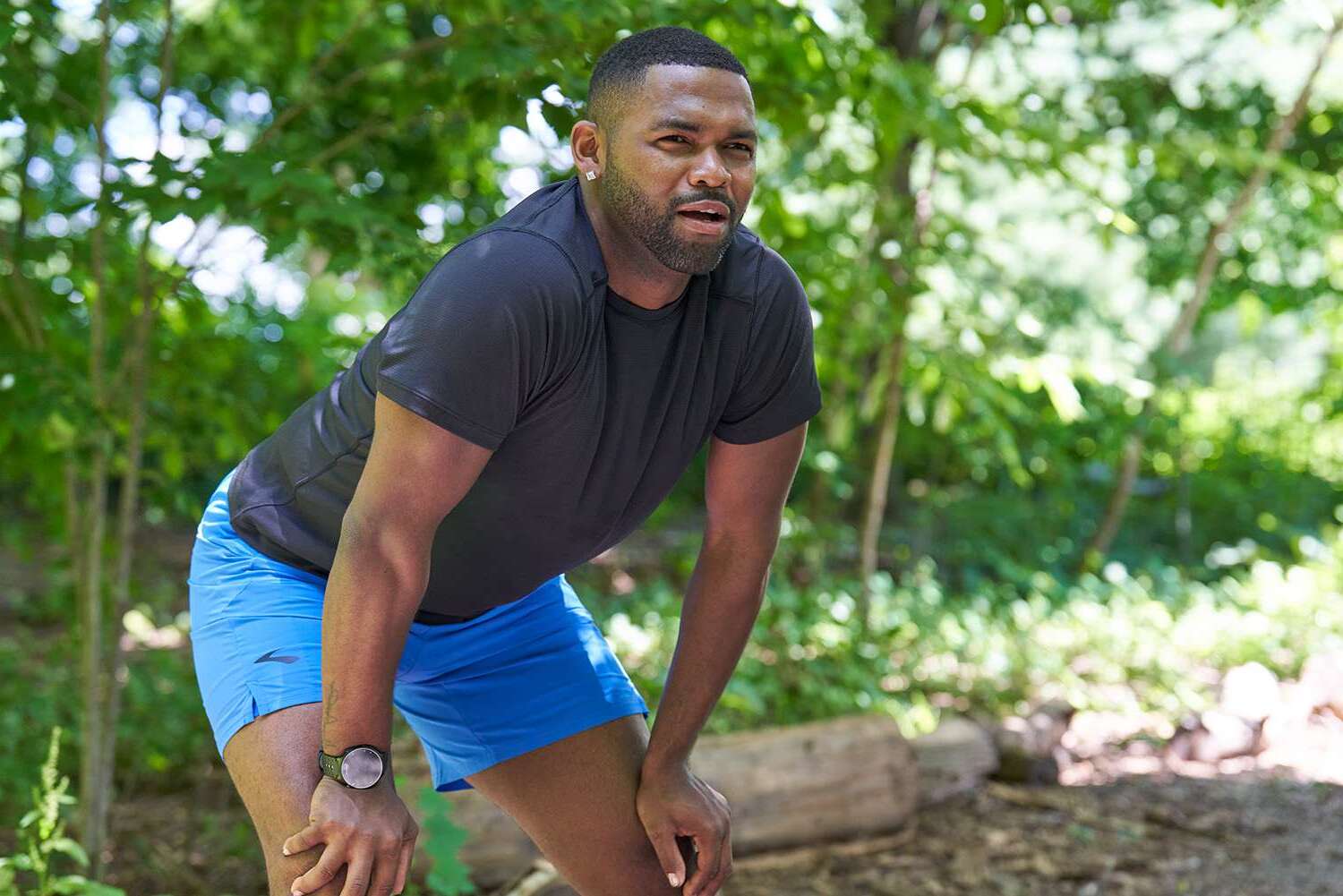
Exercise isn't just about building muscles or shedding pounds; it's a cornerstone of good health. Whether you're a fitness enthusiast or someone looking to start a healthier lifestyle, understanding the exercise needs of your body is crucial. From boosting mental health to improving physical stamina, the benefits of regular physical activity are vast and varied. But how much exercise do we really need? What types are best for our health goals? In this blog post, we'll unveil 18 essential facts about exercise needs that everyone should know. These insights will not only motivate you to get moving but also help tailor a fitness routine that aligns with your personal health objectives. Let's get ready to make exercise a rewarding part of your daily life!
Understanding Exercise Needs
Exercise is essential for maintaining a healthy lifestyle, but how much do we really need? Let's break down some key facts to better understand our exercise needs.
-
Adults require at least 150 minutes of moderate-intensity aerobic activity each week. This can include brisk walking, swimming, or cycling.
-
Strength training is recommended at least two days a week. Activities should work all major muscle groups: legs, hips, back, abdomen, chest, shoulders, and arms.
-
For substantial health benefits, 300 minutes a week of moderate-intensity aerobic activity is advised. This extra effort can further reduce the risk of heart disease and diabetes.
Benefits of Regular Exercise
Regular physical activity offers numerous health benefits, some of which might surprise you.
-
Exercise improves mental health by reducing symptoms of depression and anxiety. Regular physical activity can increase the production of endorphins, which are known to help produce positive feelings.
-
Weight management becomes more manageable with regular exercise. Physical activity burns calories, which can help prevent excess weight gain or help maintain weight loss.
-
Engaging in regular physical activity can boost brain health. Exercise increases heart rate, which promotes the flow of blood and oxygen to the brain, potentially improving cognitive function.
Exercise for Different Age Groups
Exercise needs can vary significantly with age. Let's look at what's recommended for different age brackets.
-
Children aged 6–17 years should get at least 60 minutes of moderate to vigorous physical activity daily. This should include aerobic, muscle-strengthening, and bone-strengthening activities.
-
Older adults aged 65 years and older should focus on balance training in addition to the aerobic and muscle-strengthening activities to help prevent falls.
Overcoming Exercise Barriers
Many people face barriers to exercising regularly. Understanding these can help in finding solutions.
-
Lack of time is a common barrier. Incorporating physical activity into daily routines, like walking or cycling to work, can help overcome this.
-
Motivation can be a challenge. Setting realistic goals and finding a workout buddy can increase accountability and motivation.
-
Accessibility can deter some from regular exercise. Online workout videos or apps can provide convenient and low-cost options for staying active.
The Role of Diet in Exercise
Diet plays a crucial role in maximizing the benefits of exercise.
-
Consuming protein after a workout can aid in muscle recovery and growth. Foods like Greek yogurt, eggs, or a protein shake are great options.
-
Staying hydrated is essential, especially before, during, and after exercise. Water supports every metabolic function and nutrient transfer in the body and can greatly improve exercise performance.
-
Carbohydrates are the body's main source of energy during high-intensity workouts. Eating carbs before exercising can help improve workout performance and allow for a more intense and longer exercise session.
The Importance of Rest and Recovery
Rest and recovery are as important as the workout itself.
-
Rest days are crucial for muscle recovery, preventing injury, and ensuring overall health. Overtraining can lead to burnout and injuries.
-
Sleep plays a significant role in recovery. Adults should aim for 7-9 hours of sleep per night to allow the body to repair and build muscle.
Incorporating Exercise into Your Lifestyle
Making exercise a regular part of your life requires some planning but is highly beneficial.
-
Setting realistic goals and gradually increasing the intensity and duration of workouts can help make exercise a habit.
-
Finding activities you enjoy is key to maintaining regular physical activity. Whether it’s dancing, hiking, or team sports, enjoying your workouts makes it more likely you’ll stick with them.
A Final Sprint Through Exercise Nuggets
Alright, we've jogged through a lot today, haven't we? From the surprising benefits of regular physical activity to busting myths about exercise, we've covered ground that should get everyone moving. Remember, exercise isn't just about hitting the gym or running marathons. It's about finding joy in movement, whether that's dancing in your living room, hiking through nature, or playing a sport you love. The key takeaway? Make exercise a fun part of your daily routine, and your body and mind will thank you. So, lace up those sneakers, find what makes you happy, and let's get moving. After all, a healthier, happier life is just a step, jump, or dance away.
Was this page helpful?
Our commitment to delivering trustworthy and engaging content is at the heart of what we do. Each fact on our site is contributed by real users like you, bringing a wealth of diverse insights and information. To ensure the highest standards of accuracy and reliability, our dedicated editors meticulously review each submission. This process guarantees that the facts we share are not only fascinating but also credible. Trust in our commitment to quality and authenticity as you explore and learn with us.


